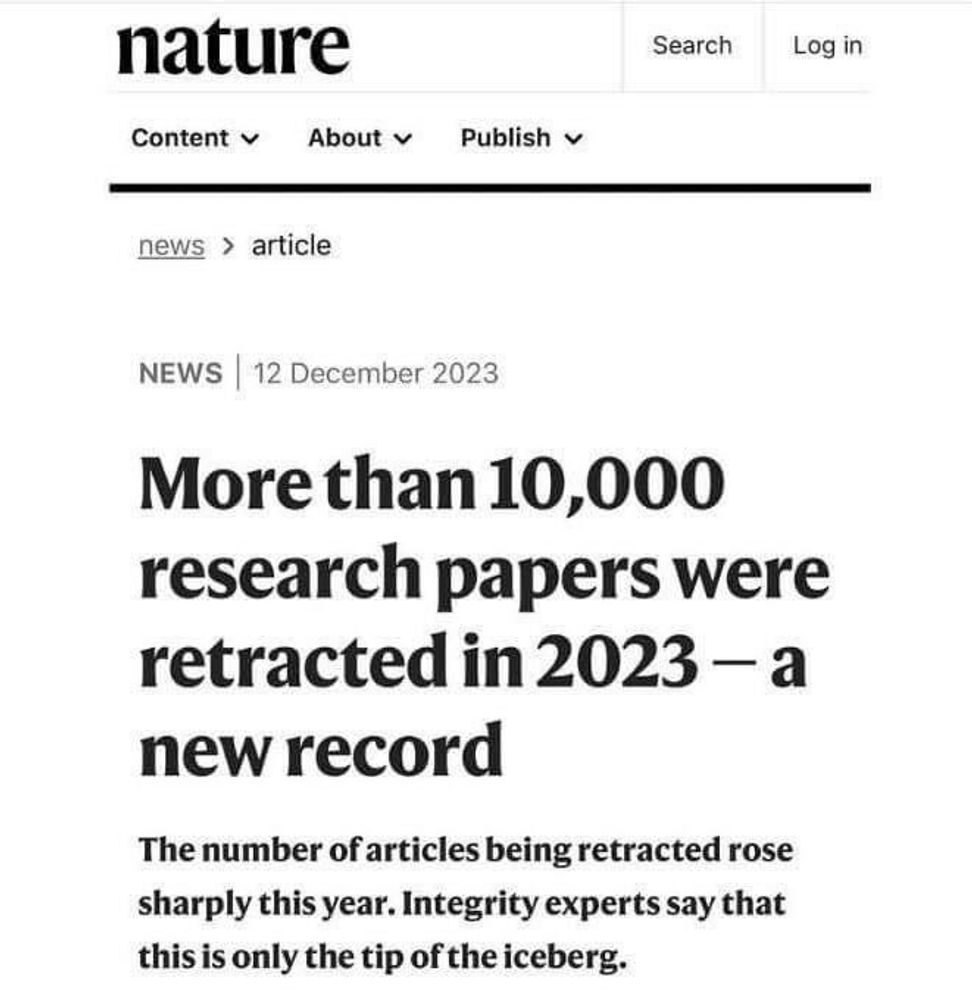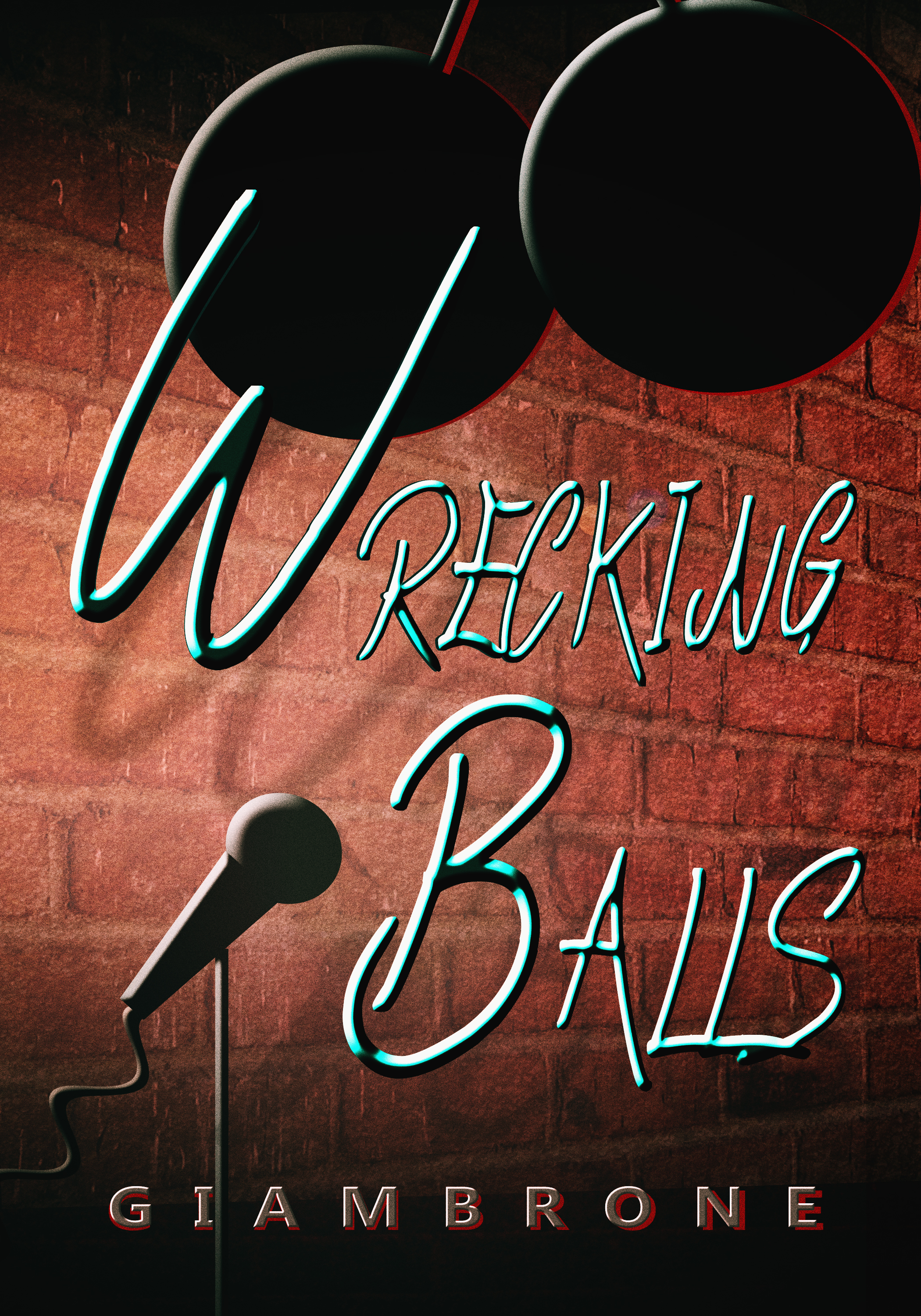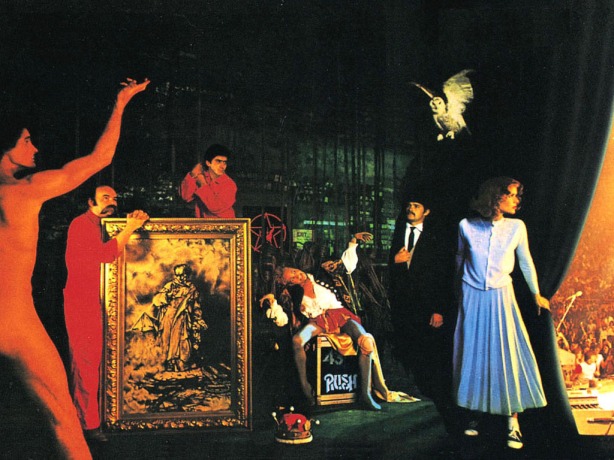I’ll admit it; I was a pretty big fan in the 80s, went to 3 or 4 shows. Places like Madison Square Garden and the Meadowlands Arena, huge crowds, sold out, the golden years for Rush. They had matured by then, moved past the Dungeons and Dragons screechy half-hour song phase and into some seriously tight, relatable social commentary set to the most difficult to play rock and roll around.
A cohort introduced me to 2112, one of the aforementioned screechy half hour concept albums, early in high school. It was weird, for more than a couple reasons. I still have the CD somewhere, but I never play it.
Rush’s moment, the one that made them, came with their near demise after a particularly radio-unfriendly concept experiment. They couldn’t get played, and they were booted off tours. Desperate to just open for other bands like Kiss, Bad Company or Manfred Mann, it looked like a dead end. Their manager accepted every note the record label demanded. They wanted pop, radio friendly hook songs. They wanted #1 chart singles. Of course they did.
The band, however, did the exact opposite. Giving the finger to the record label, this was what inspired 2112, an album like no one had ever heard. It was science-fiction, fantasy, battles of ideas. It was a rock opera from another realm. Of course no radio station would play it, but the fans went insane for it, made it a gold record.
Now it’s hard to get strongly behind the vocal stylings of Geddy Lee, actually. This single factor has held the band back, always, and kept them off the mainstream radar. I often wondered if they had only hooked up with another singer, someone with a less grating voice, what could have been? Perhaps one of the greatest missed opportunities in rock.
Now, the film. It’s a thorough exploration of the band’s origins, covering their entire career right up to the release of this documentary. Great editing, and lots of never-before seen clips. Only it spent too much time on the early years and later years, and it gives short attention to the best period the band ever had: Moving Pictures, Exit Stage Left, early 80s. This is what the world thinks of when they hear the band’s name. That one period could have been the bulk of the film and no one would have complained. The director decided to go for the longevity angle, staying power.
I got the impression that we haven’t learned enough about Neil Peart, as he is a legendarily private person, protective of his personal life. He’s always at arm’s length, even from the other guys in the band. He’s also probably the greatest rock and roll drummer and the band’s lyricist.
An unexpected twist in the late 90s came as a shock, one that I wasn’t aware of. The film does have a third act, and packs a decent ending, which is sure to please fans everywhere.
Rush fans can be cultish and fanatical, and they have multiplied exponentially over the decades. Round about the time I was tuning out, from their synthetic new wave phase, the band was gathering more and more of a flock. It’s the fans that have made all the difference, and their shows still all sell out, even 60,000 seat stadiums in Brazil – some of the most fanatical music fans I’ve ever seen. Rush has had a 20 year period of ever-growing notoriety, one that I had missed completely.
The film also revealed a private little tidbit, of relevance to me, near the middle. I actually wrote a letter to Neil Peart when the band’s sound turned synth-heavy and marginalized guitarist Alex Lifeson – and that is exactly how I put it in the letter. Peart wrote back, in typical Peart style, telling me off for suggesting how they should be writing songs. I was a little bummed out at the time, but it seems I was dead-on accurate. In the film that’s what Alex himself says! The synth-heavy direction of the band had marginalized him in the songwriting, making it literally more difficult to find space in the mix for his own instrument. Peart and Geddy Lee agreed and changed the direction for a more raw-sounding subsequent album. Perhaps a lot of others wrote them too, or told them likewise, but the personal connection was pretty satisfying.
So that’s Rush, in a box, if you’re interested. Songs are cut short most of the time, and thankfully so for a lot of the earlier stuff. But you can’t ignore that they have influenced many thousands of musicians, some of whom appear in the film and attest to the fact.






























